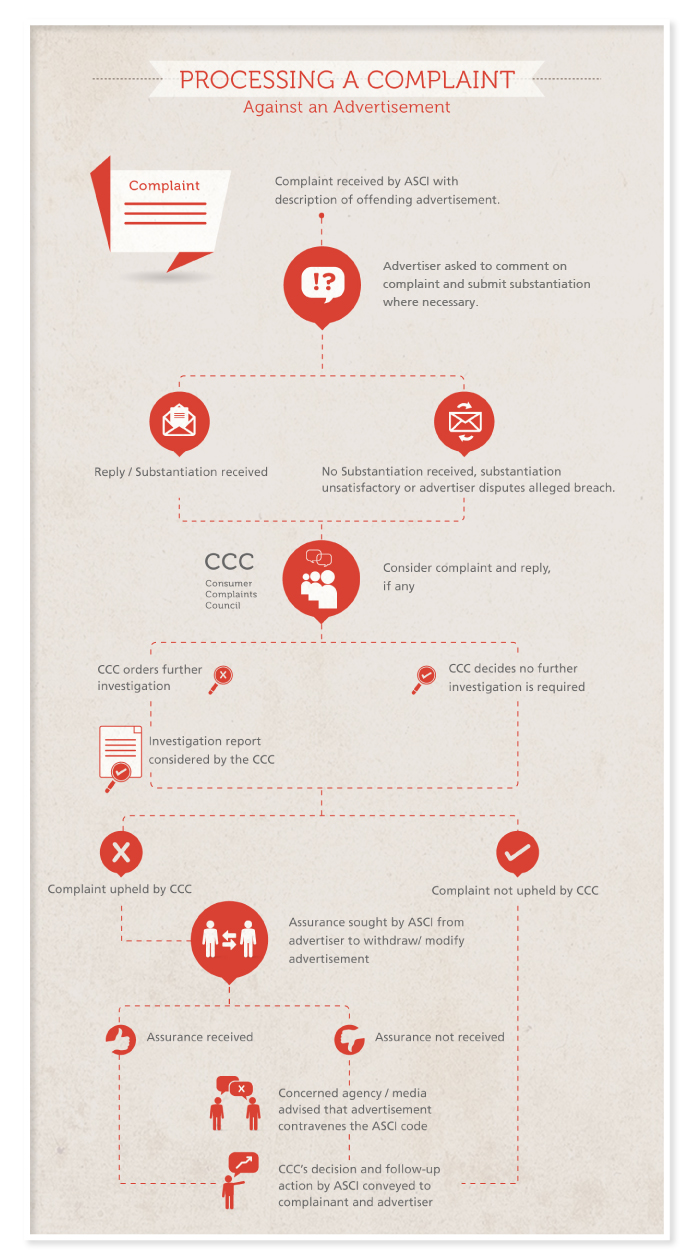The Advertising Standards Council of India (ASCI), a voluntary self-regulatory organisation has published a set of guidelines for crypto advertisements
From April 1 onwards, all crypto entities are required to follow these guidelines while publishing any crypto-related products’ advertisements on any media platform
Crypto advertisers have been advised not to use words like “currency”, “securities”, “custodian” and “depositories” as these could mislead the users with certain regulated items
“Crypto products and NFTs are unregulated and can be highly risky. There may be no regulatory recourse for any loss from such transactions.”
Going forward, all the crypto entities advertising for the Indian market will have to make this disclaimer regardless of the medium whether it’s print, digital, or TV media.
The Advertising Standards Council of India (ASCI), a voluntary self-regulatory organisation comprising members from across the sectors has come up with a set of advertising guidelines for crypto entities seeking to promote their products and services through advertising in media.
The guidelines have been released after the Indian government had asked ASCI to set the standards for crypto advertisements.
In November 2021, Prime Minister Narendra Modi had raised concerns on “over-promising” and “non-transparent” crypto advertisements.
After holding multiple conversations with the government and crypto stakeholders, the ASCI has now released a set of standards for crypto entities to follow.
What The Guidelines
The Council has published 12 pointers for the advertisers with regards to crypto. Among these are:
- Disclaimer: The crypto entities will have to publish the disclaimer mentioned at the beginning of this article in every crypto advertisement. A detailed clarity has been given on how the disclaimer should be published in print, audio or digital ads.
- Say No To Currency And Security: Crypto advertisers have been advised not to use words like “currency”, “securities”, “custodian” and “depositories” as these could mislead the users with certain regulated items.
- Don’t Mislead With Future Returns: The Council has asked the advertisers not to mislead with statements that promise or guarantee future increase in profits.
- Provide Your Name And Contact: All crypto advertisements will have to share the details of the advertiser’s name and their contact number or email address.
- Avoid Featuring Miners In Ads: The advertisers have also been asked not show or feature any miner in their advertisements.
In the Guidelines which will be applicable from April 1, 2022, the ASCI has further clarified that these set of standards do not legitimise crypto in any way.
Commenting on this, Subhash Kamath, chairman, ASCI, said: “We had several rounds of discussion with the government, finance sector regulators, and industry stakeholders before framing these guidelines. Advertising of virtual digital assets and services needs specific guidance, considering that this is a new and as yet an emerging way of investing. Hence, there is a need to make consumers aware of the risks and ask them to proceed with caution”.
Crypto as an investment class is quite volatile compared to stocks or real estate. “All investment Ads and campaigns do have a responsibility to educate the users on the risks, the affiliated volatility and liquidity restrictions, and aspects of the asset. Even media, ad agencies, and other supporting ecosystems have the responsibility to educate the same market in a responsible method,” said Keyur Patel, chairman and cofounder of NFT launchpad GuardianLink.
NFT is not a financial asset. Patel added that an NFT is a digital asset associated with games, entertainment, and art. Its inherent value is either in art or utility. Also, the buyers of NFT don’t buy it because there are instant gains, they do it because they find affinity to Amitabh Bachchan or Stan Lee or they find games like racing interesting and want to participate in it. Crypto is purely a trade asset, for investments and hence, it needs very aggressive education to ensure that the expectations of returns for the buyers are not skewed by hype and unrealistic aspirations.
What If A Crypto Advertisement Does Not Follow The Guidelines
At a time, when the leading stakeholders of the Indian crypto industry are trying to set certain norms, there are dozens of players that have been frequently advertising and practising without complying with any standards.
It is worth noting that after PM’s high-level meeting in November, IAMAI-BACC, a leading crypto Indian body had earlier circulated a certain note to its members and was in the process to publish a set of guidelines.

Praveen Jadhav, cofounder of trading platform Dhan and former CEO of Paytm Money shared an advertisement by CRYPTOXX exchange published in the Midday Newspaper. The advertisement was published without any due disclaimer. The crypto ad also uses words like ‘security’ while promising ‘future returns’ on crypto investments.
While this advertisement was published when the ASCI Guidelines are not in practice, one wonders what will happen to such ads if the Guidelines were in practice.
The ASCI has published a WhatsApp number and an email address on its platform asking users to register complaints if they find any particular ad violates the guidelines.
The complaint if found satisfactory goes to the Consumer Complaint Council (CCC) which investigates the complaint and asks advertisers to respond to the complaint.

If the complaint is found true, the advertiser is asked to take down the advertisement or modify it. In case the CCC does not receive the assurance from the advertiser, the matter is then taken with the platform asking them to take down the advertisement.
The ASCI also publishes a list of brands/influencers who breach the Guidelines.










